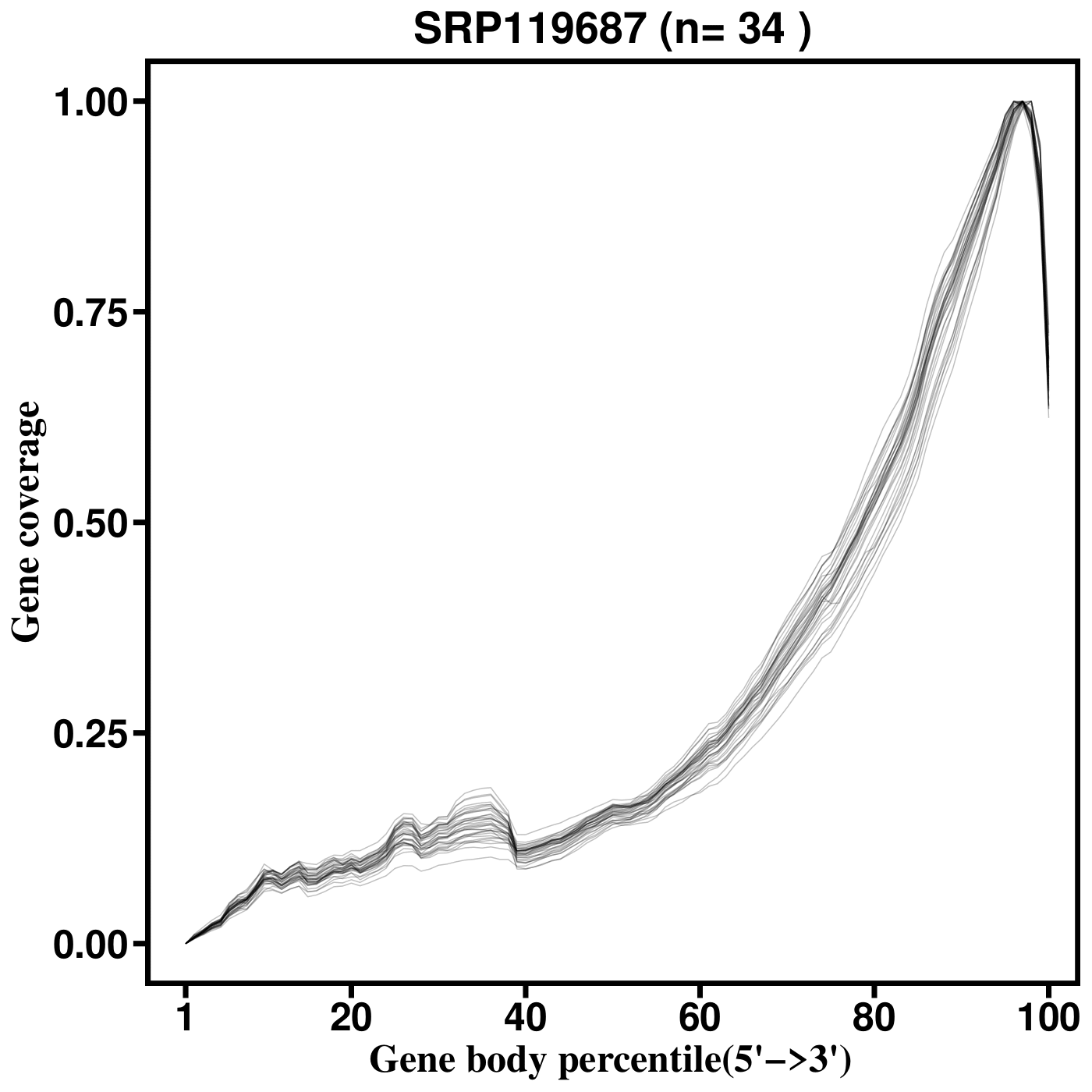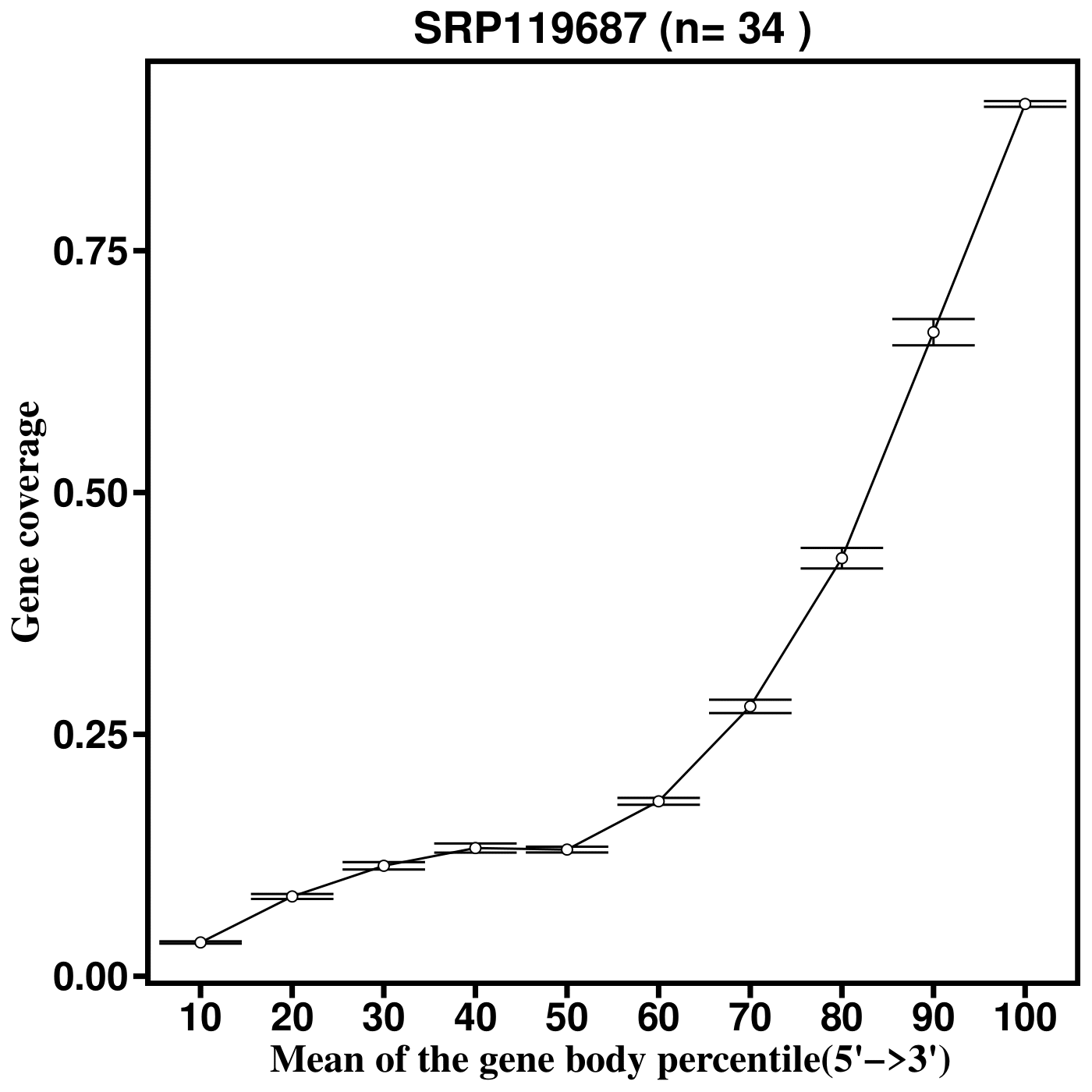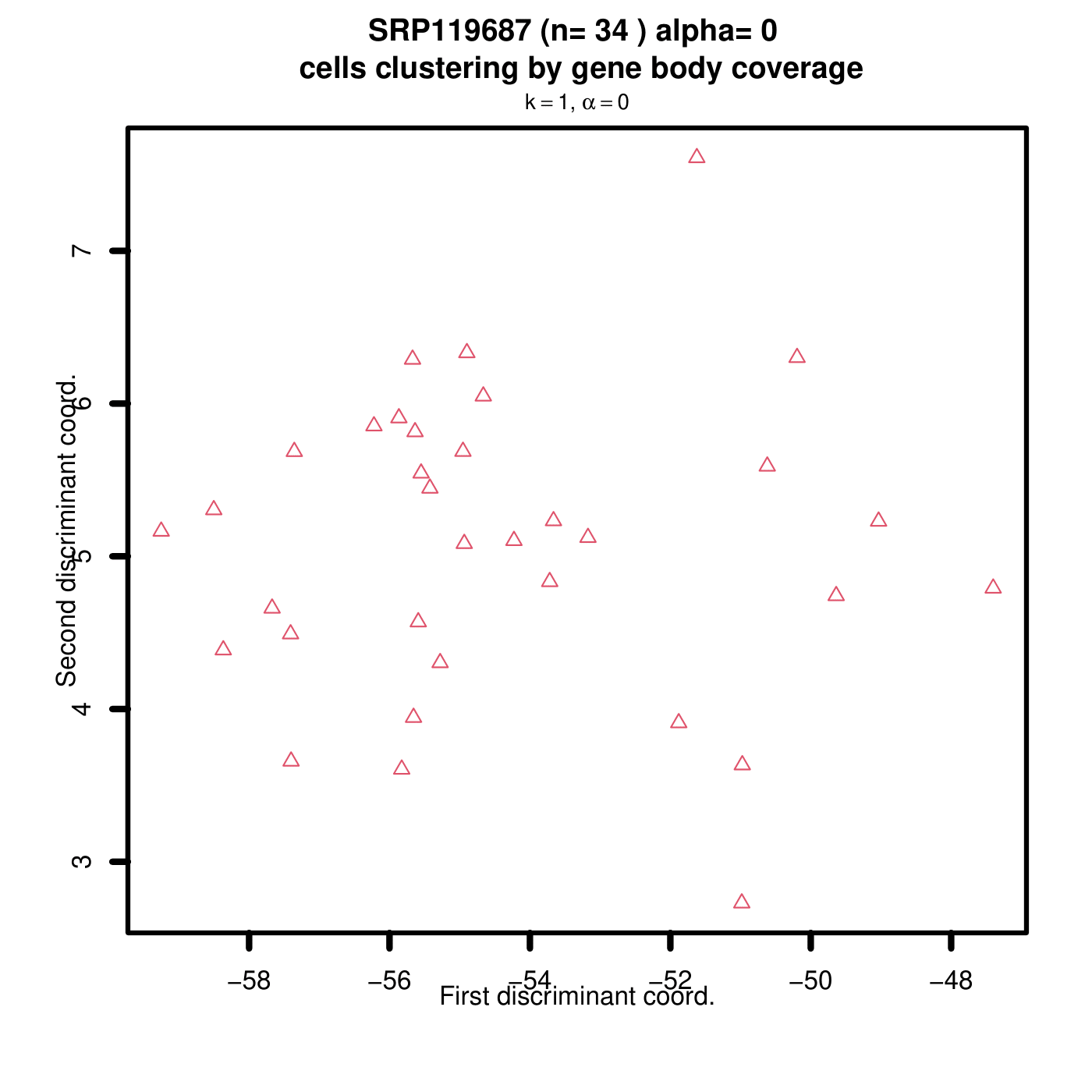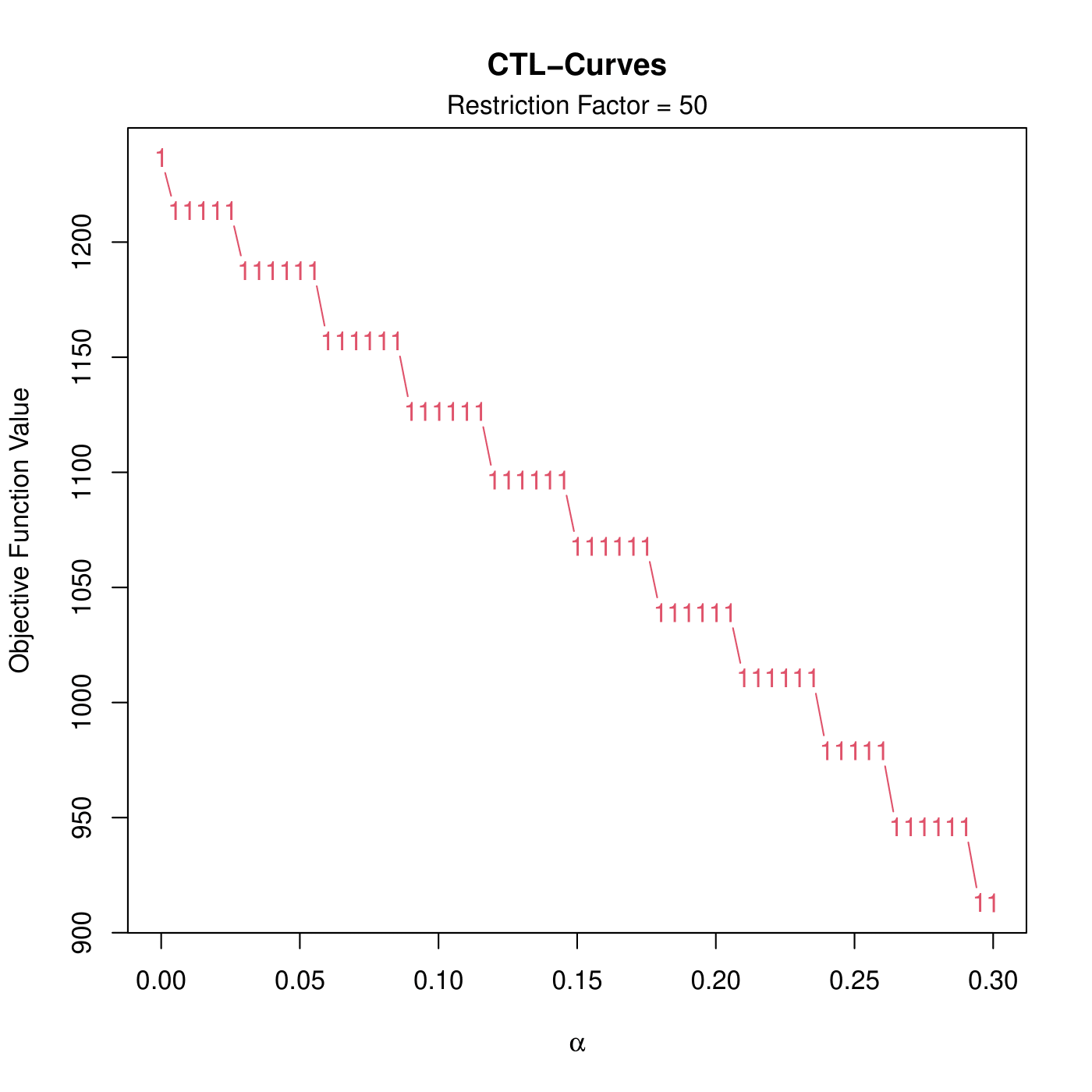Single-cell RNA-seq analysis reveals the progression of human osteoarthritis
Understanding the molecular mechanisms underlying human cartilage degeneration and regeneration is helpful for improving therapeutic strategies for treating osteoarthritis (OA). Here, we report the molecular programmes and lineage progression patterns controlling human OA pathogenesis using single-cell RNA sequencing (scRNA-seq). We performed unbiased transcriptome-wide scRNA-seq analysis, computational analysis and histological assays on 1464 chondrocytes from 10 patients with OA undergoing knee arthroplasty surgery. We investigated the relationship between transcriptional programmes of the OA landscape and clinical outcome using severity index analysis and correspondence analysis. We identified seven molecularly defined populations of chondrocytes in human OA cartilage, including three novel phenotypes with distinct functions. We presented gene expression profiles and transcriptional networks among chondrocytes at different OA stages at single-cell resolution. We found a potential transition among proliferative chondrocytes, prehypertrophic chondrocytes and hypertrophic chondrocytes (HTCs) and defined a new subdivision within HTCs. We revealed novel markers for cartilage progenitor cells (CPCs) and demonstrated a relationship between CPCs and fibrocartilage chondrocytes using computational analysis. Notably, we derived predictive targets with respect to clinical outcomes and clarified the role of different cell types for the early diagnosis and treatment of OA.
GSE104782 Samples
Cell Metadata and BAM Files
| BAM Files | Run Accession Number | Sample Accession Number | Organism | Organ/Tissue | Dev. Stage | Cell Type | Sequencer | Protocol | Assay Type | Library Layout |
|---|
CAGE Transcription Start Site (CTSS) File Download
The CTSS positions were taken from dataset BAM files, downloadable here.
UMAP Plots
SkewC Output Plots





